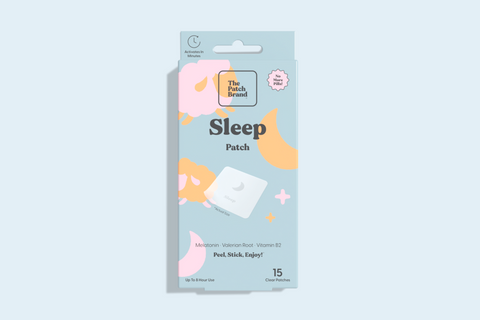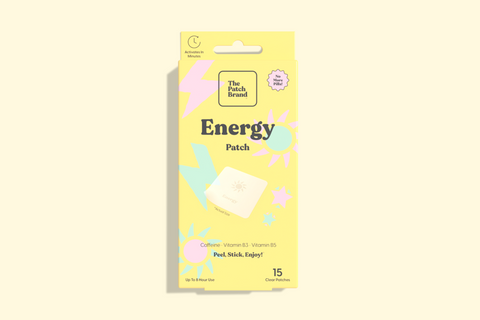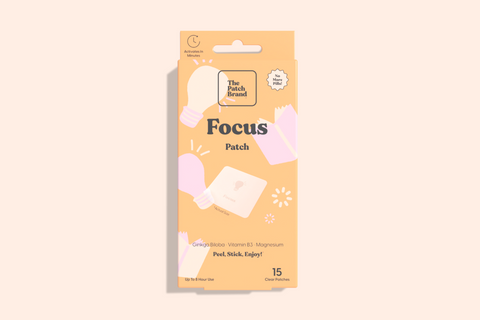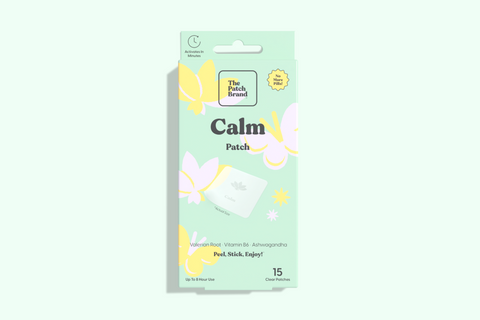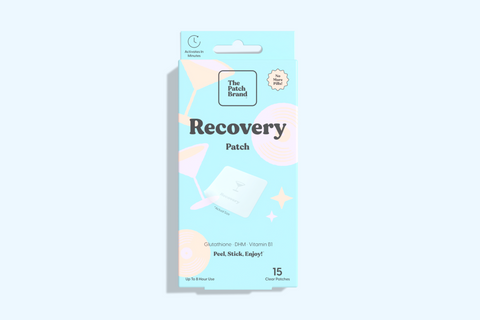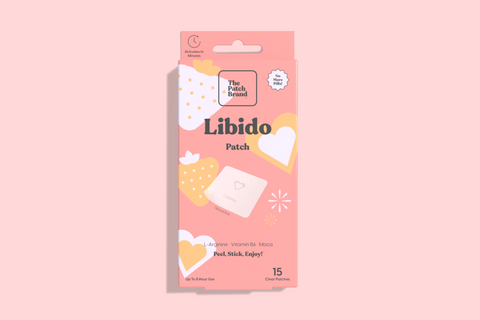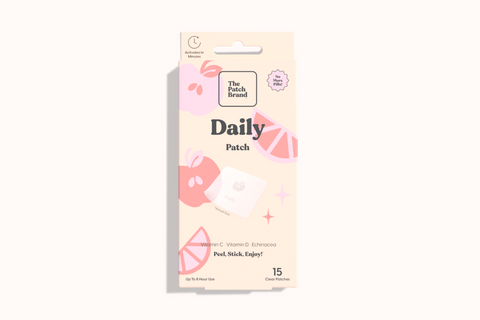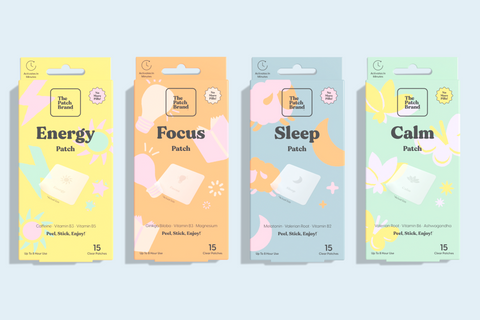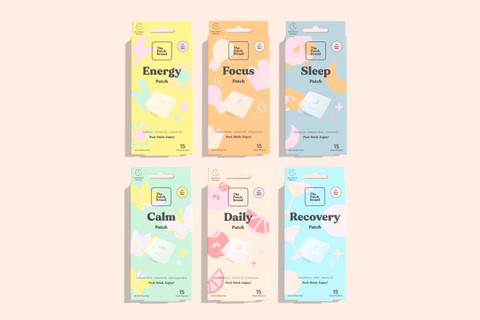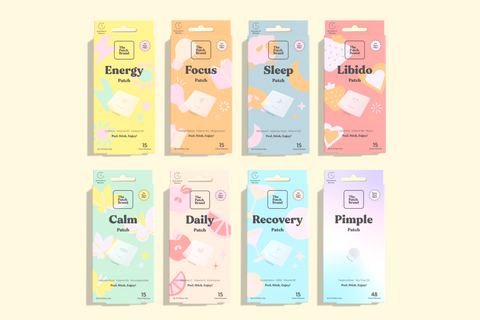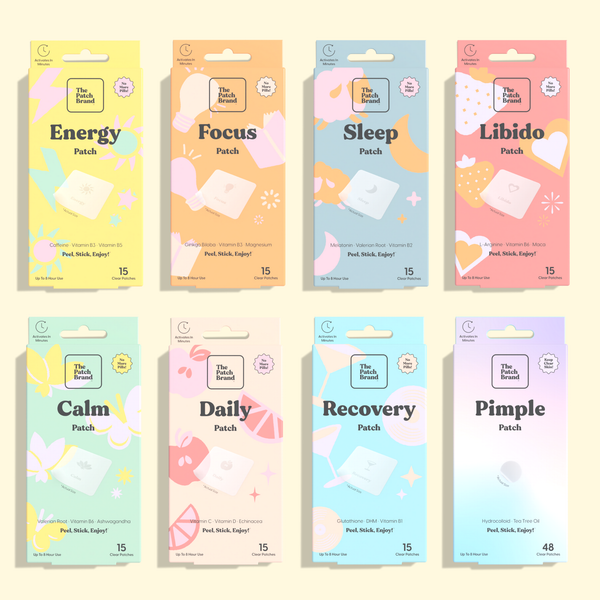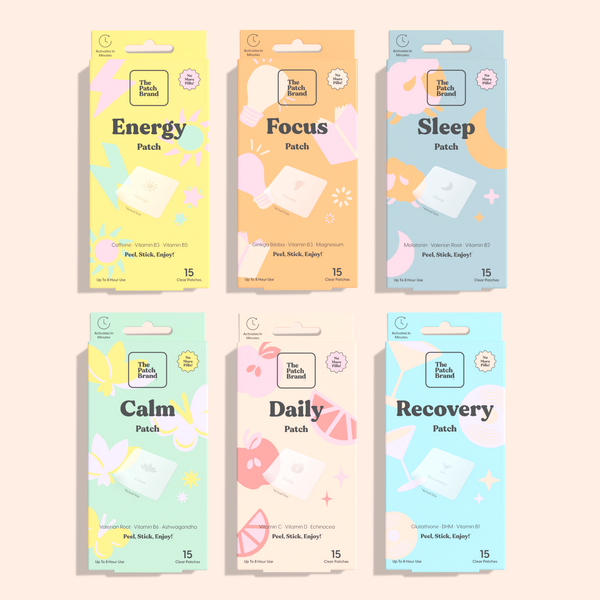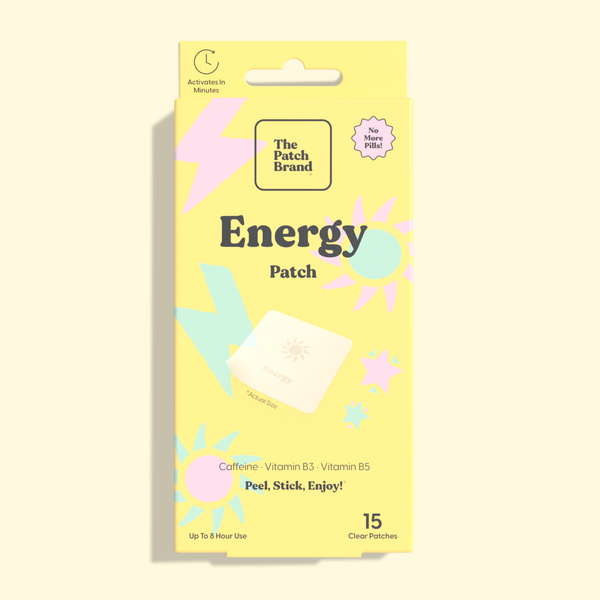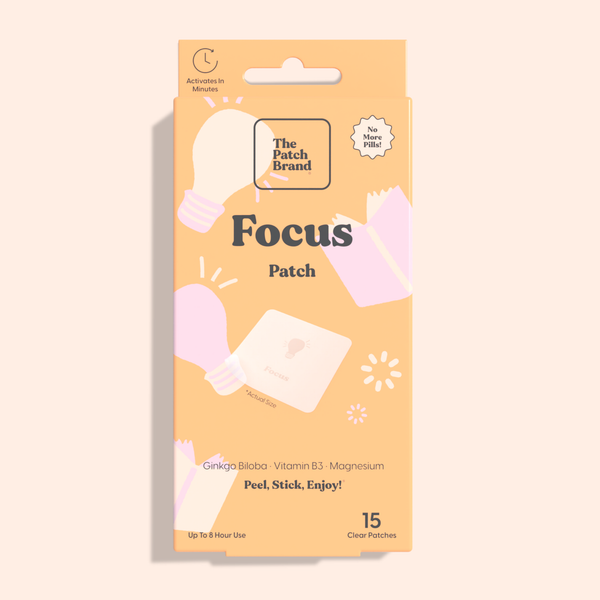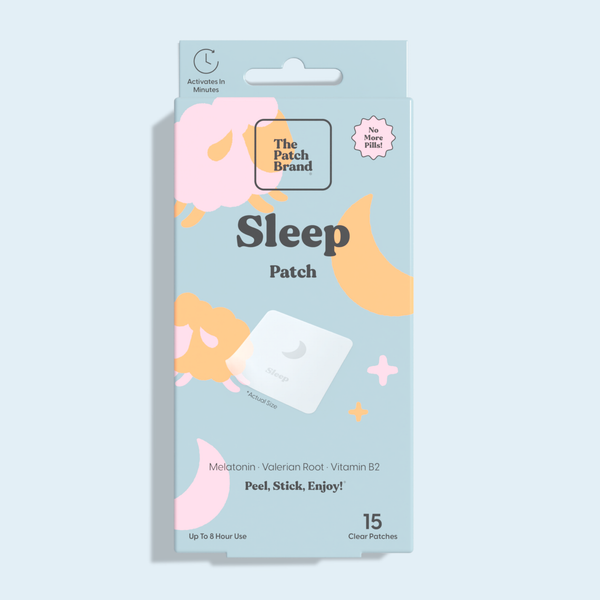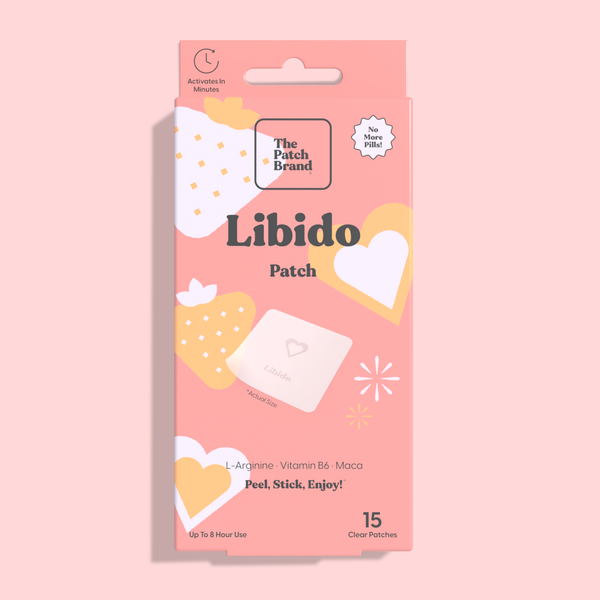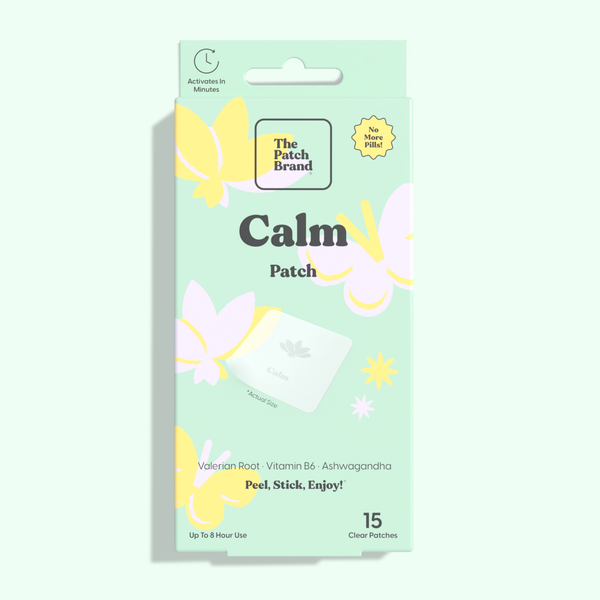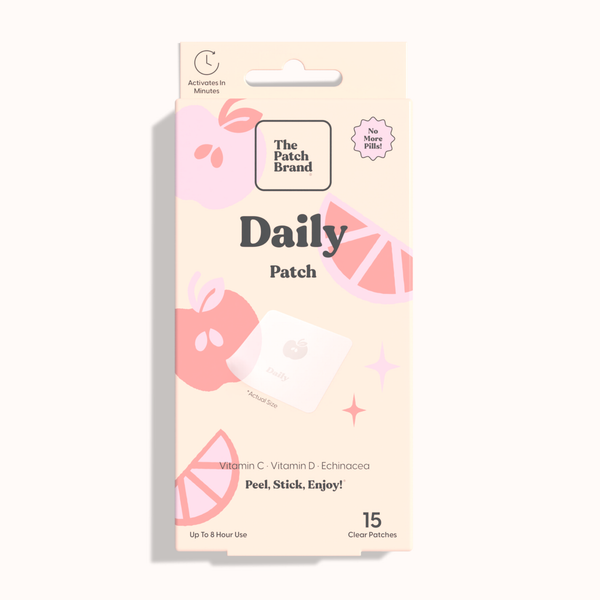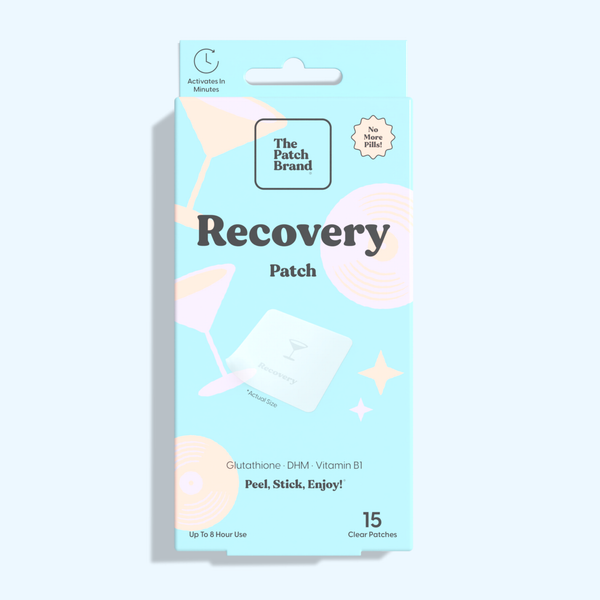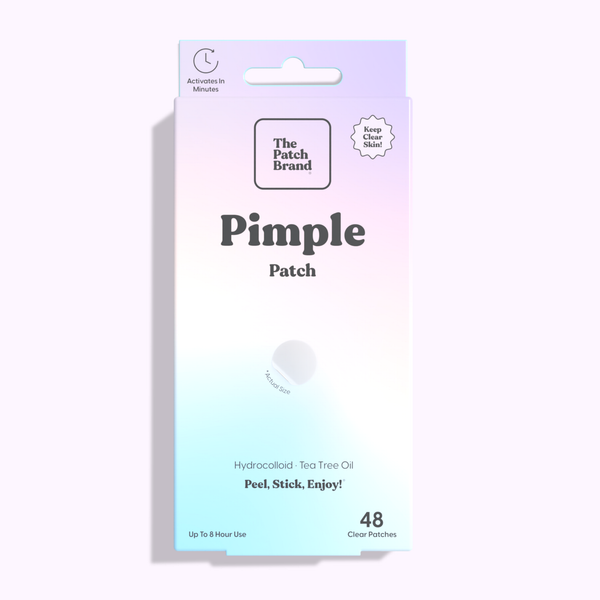Pimples, a common skin problem, can be a source of discomfort and self-consciousness for many. Understanding the root causes of pimples is the first step toward effective management and treatment. Pimples form when the pores of the skin become clogged with oil and dead skin cells. This blockage can lead to the growth of bacteria, resulting in inflammation and the formation of pimples.
Dietary Impacts on Skin Health
Stress can have a direct impact on your skin, often exacerbating skin issues like pimples. When stressed, the body produces more cortisol, a hormone that can increase oil production in your skin, leading to clogged pores and pimples. Managing stress through a healthy diet, rich in vitamins and antioxidants, can help in reducing its impact on the skin. Foods that stabilize blood sugar and reduce inflammation can be particularly beneficial in mitigating stress-related skin issues.
Different skin types have varying susceptibilities to pimples. Oily skin types, for instance, are more prone to pimples due to excess sebum production. Understanding your skin type can help in customizing your diet to suit your specific skin needs. Key dietary considerations for skin health include:
-
Limit Sugary and High-Glycemic Foods: Reduce intake of foods that spike blood sugar levels.
-
Consume Antioxidant-Rich Foods: Focus on fruits and vegetables for essential vitamins and minerals.
-
Include Omega-3 Fatty Acids: Add foods like fatty fish, nuts, and seeds to your diet.
-
Stay Hydrated: Drink plenty of water to help detoxify the body and maintain skin hydration.
-
Be Mindful of Dairy and Processed Foods: These can trigger hormonal imbalances and exacerbate pimples.
A well-balanced diet can contribute to clear, healthy skin, while certain foods might trigger or exacerbate pimple problems. A diet's role in skin health becomes evident. The skin, being the largest organ of the body, reflects our overall health, including the effects of our dietary choices.
Natural Remedies for Pimple Treatment
Essential Oils: Tea Tree and Lavender
Essential oils like tea tree and lavender are known for their antibacterial and anti-inflammatory properties, making them excellent choices for treating pimples. Tea tree oil, in particular, has been shown to reduce the severity and number of pimples when applied topically. Lavender oil, on the other hand, not only helps in treating pimples but also soothes the skin, reducing redness and irritation. When using essential oils, it's important to dilute them with a carrier oil to prevent skin irritation.
Aloe Vera: Soothing and Healing
Aloe Vera is renowned for its soothing and healing properties. It’s effective in treating pimples due to its anti-inflammatory and antibacterial qualities. Aloe Vera gel can be applied directly to the affected area to reduce redness and swelling. Its cooling effect also provides relief from the irritation caused by pimples.
Honey
Honey, especially raw honey, is another natural remedy beneficial for pimple treatment. Its antibacterial properties help in fighting acne-causing bacteria, while its anti-inflammatory properties reduce redness and irritation. Honey is also a natural humectant, meaning it helps keep the skin moist but not oily, which is key in preventing new pimples.
Turmeric, Yogurt, Oatmeal
In addition to the above, various homemade remedies can be effective in treating pimples. These include:
-
Turmeric: Known for its anti-inflammatory properties, it can be used in face masks to reduce pimple inflammation.
-
Yogurt: Contains natural acids and probiotics that can help in reducing pimple occurrence.
-
Oatmeal: An excellent natural exfoliant, oatmeal helps in removing dead skin cells and soothing irritated skin.
Using these natural remedies can be a gentle yet effective way to manage pimples. However, it's important to note that natural remedies might take longer to show results compared to over-the-counter treatments, and their effectiveness can vary from person to person. As with any skincare treatment, it’s crucial to pay attention to how your skin reacts and consult a dermatologist if you have concerns or severe acne.
Lifestyle Changes for Pimple Prevention
As said before, managing stress is crucial for maintaining healthy skin. High-stress levels can lead to an increase in cortisol, a hormone that can exacerbate pimple formation. Implementing stress management techniques like meditation, yoga, or even simple breathing exercises can help in reducing stress and its impact on your skin. It's important to find activities that relax and rejuvenate you, as a calm mind often leads to clearer skin.
Getting adequate sleep is vital for skin health. During sleep, the body repairs and regenerates skin cells. Lack of sleep can disrupt this process, leading to increased stress and hormone imbalances, both of which can contribute to pimples. Aim for 7-9 hours of quality sleep each night to give your skin the best chance to heal and rejuvenate.
Regular exercise not only improves overall health but also benefits the skin. Exercise increases blood circulation, which helps to nourish skin cells and carry away waste products, including free radicals, from working cells. Additionally, sweating during exercise helps to clear out the pores. However, it's important to cleanse the skin after exercising to remove sweat and bacteria to prevent pimples. Certain habits can contribute to the development of pimples. These include:
- Touching your face frequently can transfer bacteria and oils, leading to pimples.
- Not cleaning your makeup brushes regularly can accumulate bacteria and oil, which can clog pores.
- Sleeping with makeup on can prevent the skin from breathing and clog pores.
By making these lifestyle changes, you can significantly reduce the risk of pimples and promote healthier skin. It's about creating a balance and understanding how different aspects of your lifestyle can affect your skin's health. Remember, small changes can lead to significant results over time.
The Science and Effectiveness of Pimple Patches
Pimple patches typically contain hydrocolloid, a moisture-absorbing material that helps to extract impurities and protect the affected area. When applied to a pimple, the patch absorbs pus and oil, reducing inflammation and speeding up the healing process. The patch also creates a barrier, protecting the pimple from bacteria and preventing picking or touching, which can aggravate the pimple.
Hydrocolloid technology in skincare is based on the principle of creating a moist environment to promote healing. Originally used for wound care, hydrocolloid material helps to keep the area hydrated, which is essential for healing. This technology is particularly effective for 'wet' pimples, those with pus or fluid, as it helps to draw out these impurities while keeping the area clean.
When selecting the best pimple patch, consider the type of pimple you're treating. Hydrocolloid patches work best on whiteheads or pimples that have come to a head. Look for patches that contain additional acne-fighting ingredients. It's also important to choose a patch that suits your skin type to avoid irritation.
Pimple stickers should be applied to clean, dry skin for the best adherence. Place the sticker directly over the pimple and leave it on for the recommended time, typically several hours or overnight. Using pimple stickers can speed up the healing process, reduce the risk of scarring, and provide a barrier against external irritants. They are an excellent option for spot treatment and can be used in conjunction with your regular skincare routine.
Establishing a Skincare Routine
The first step in any skincare routine is gentle cleansing. Cleansing removes dirt, oil, and impurities that can clog pores and lead to pimples. It's important to choose a cleanser that is gentle on the skin to avoid stripping it of its natural oils, which can trigger increased oil production. Opt for mild, non-irritating cleansers that maintain the skin's natural pH balance.
After cleansing, applying a moisturizer is essential, even for oily or pimple-prone skin. Moisturizing helps to keep the skin's natural barrier intact, preventing dryness and overproduction of oil. Choose a lightweight, non-comedogenic moisturizer that hydrates without clogging pores.
Maintaining consistency in your skincare routine is crucial. Regular cleansing, moisturizing, and application of targeted treatments like pimple patches can significantly improve the skin's appearance and health. Consistency ensures that your skin receives continual care and protection, keeping it in optimal condition.
Natural remedies and lifestyle adjustments may take time to show results, and their efficacy can vary from person to person. Incorporating these practices into your daily life, being mindful of your diet and stress levels, and consistently following a skincare routine tailored to your skin's needs are essential steps. Remember, the key to success in pimple prevention and treatment lies in understanding your skin, being patient with the process, and staying consistent with your skincare practices. With these strategies in place, achieving healthier, clearer skin is an attainable goal.
